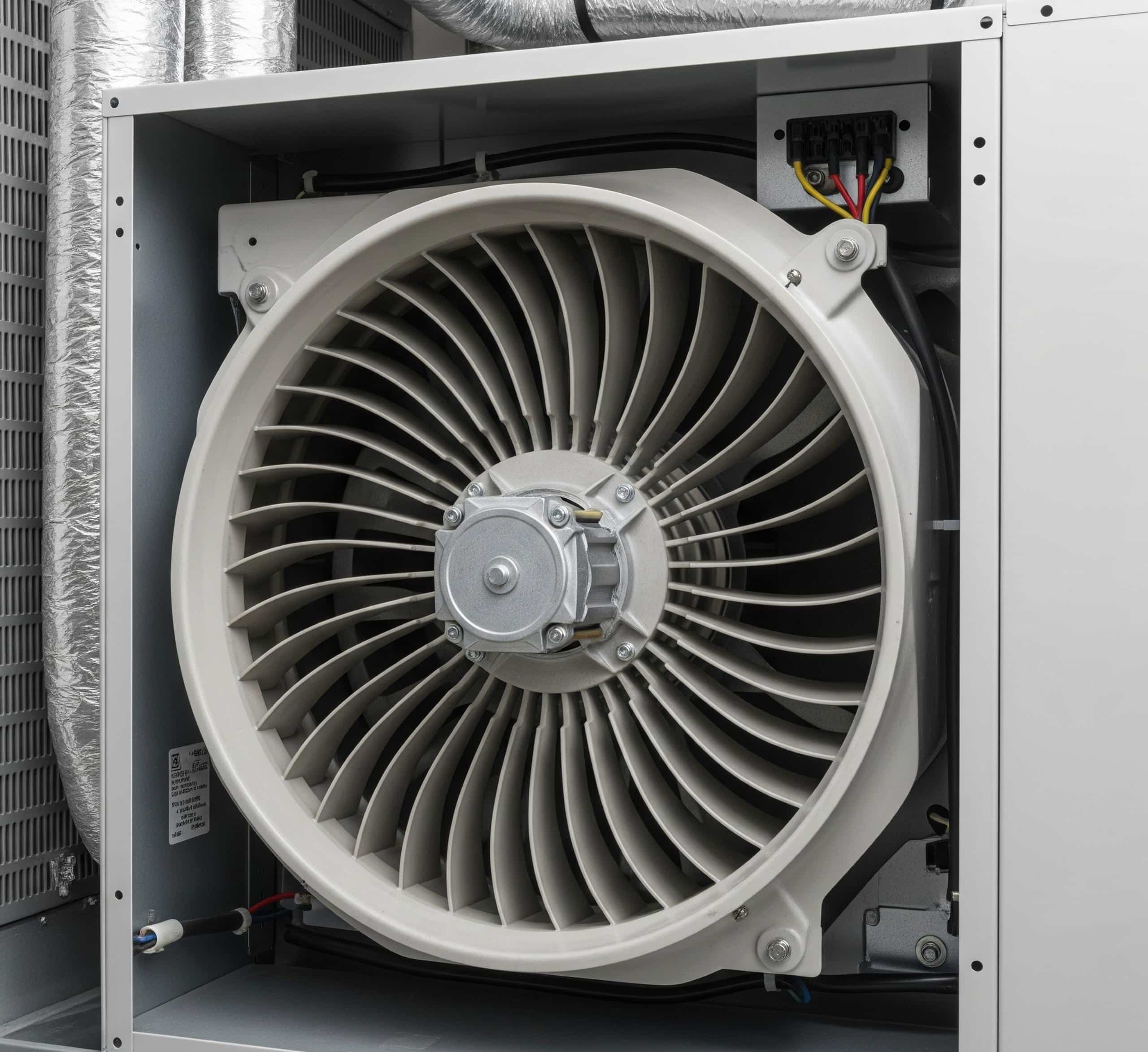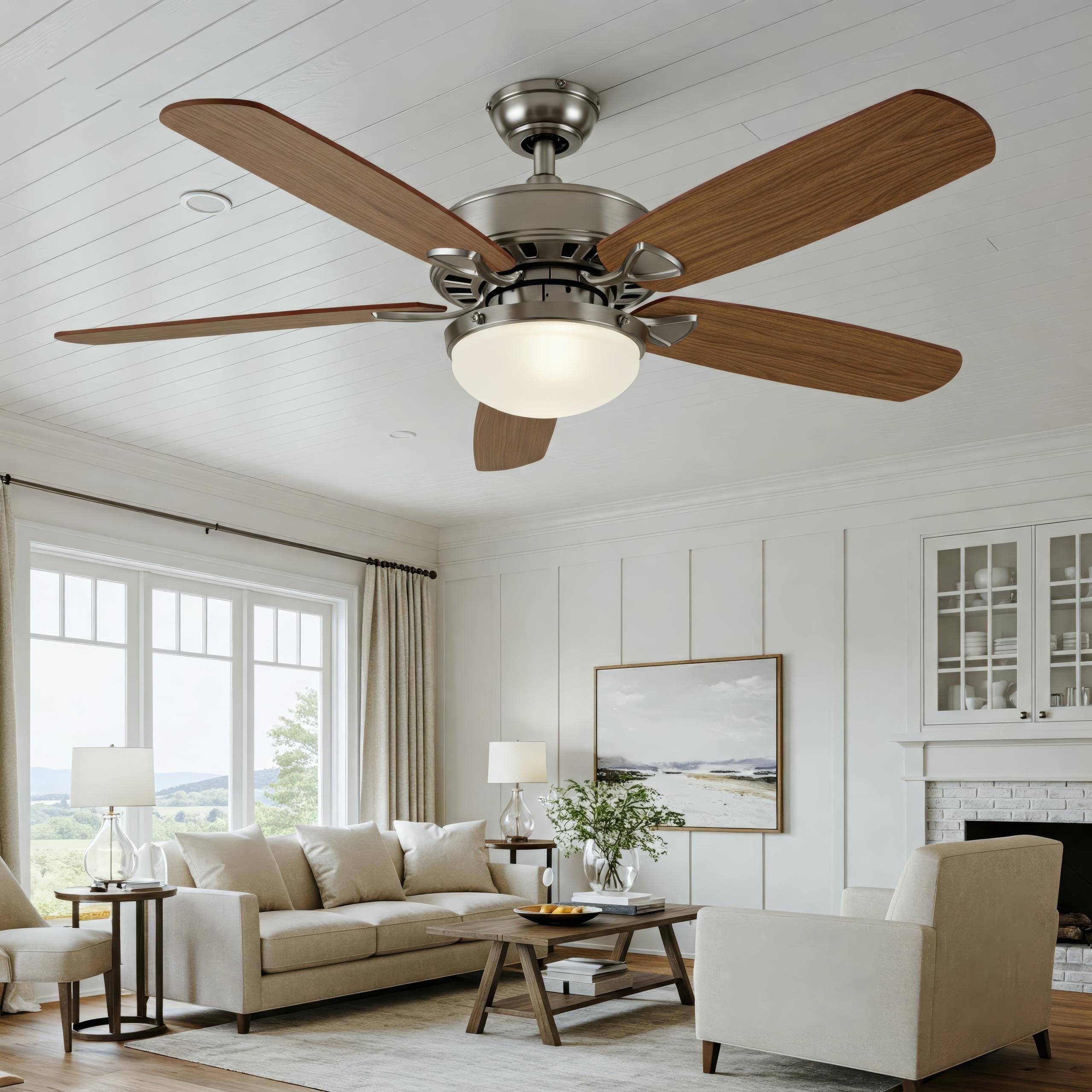Ideally, house humidity levels should be between 45 and 55 percent but, in Florida homes, it’s often much higher. Florida ranks second only to Alabama for relative humidity in the country due to its subtropical climate and being surrounded by warm bodies of water, so homeowners face a constant battle to keep their homes from feeling like a sauna.
High humidity can impact much more than comfort levels. Above 60 percent humidity can also lead to problems such as mold and mildew, musty smells, breathing difficulties, damage to appliances and possessions, and even structural damage.
Here, we discuss how to lower house humidity in Florida to safe, comfortable, mold-free levels: from quick DIY humidity fixes to home improvements and regular maintenance that can prevent future problems…
HOW TO LOWER HOUSE HUMIDITY IN FLORIDA?

The main ways to lower house humidity in Florida are to regularly service the air conditioning system (which will naturally control humidity), install a whole-home dehumidifier, improve home insulation and weatherproofing, fix leaks promptly, use exhaust fans, place moisture absorbers around the home, and limit behaviors like drying clothes and towels indoors.
We examine these solutions in more detail below…
STAY COOL ALL YEAR ROUND WITH ONE WAY AIR…
The team at One Way Air installs, services, and repairs all types of air conditioning systems in Southwest Florida. Get in touch with us here for a quote or call 239-233-4356 in emergencies.
WHY HIGH HUMIDITY IS A PROBLEM IN FLORIDA HOMES
Ever woken up in the middle of a summer night with a power cut, no air conditioning or fans, and the humidity levels through the roof?
Discomfort is one of many problems associated with high humidity levels in Florida. It can make everyone feel sticky and grumpy, especially if it deprives you of good sleep.
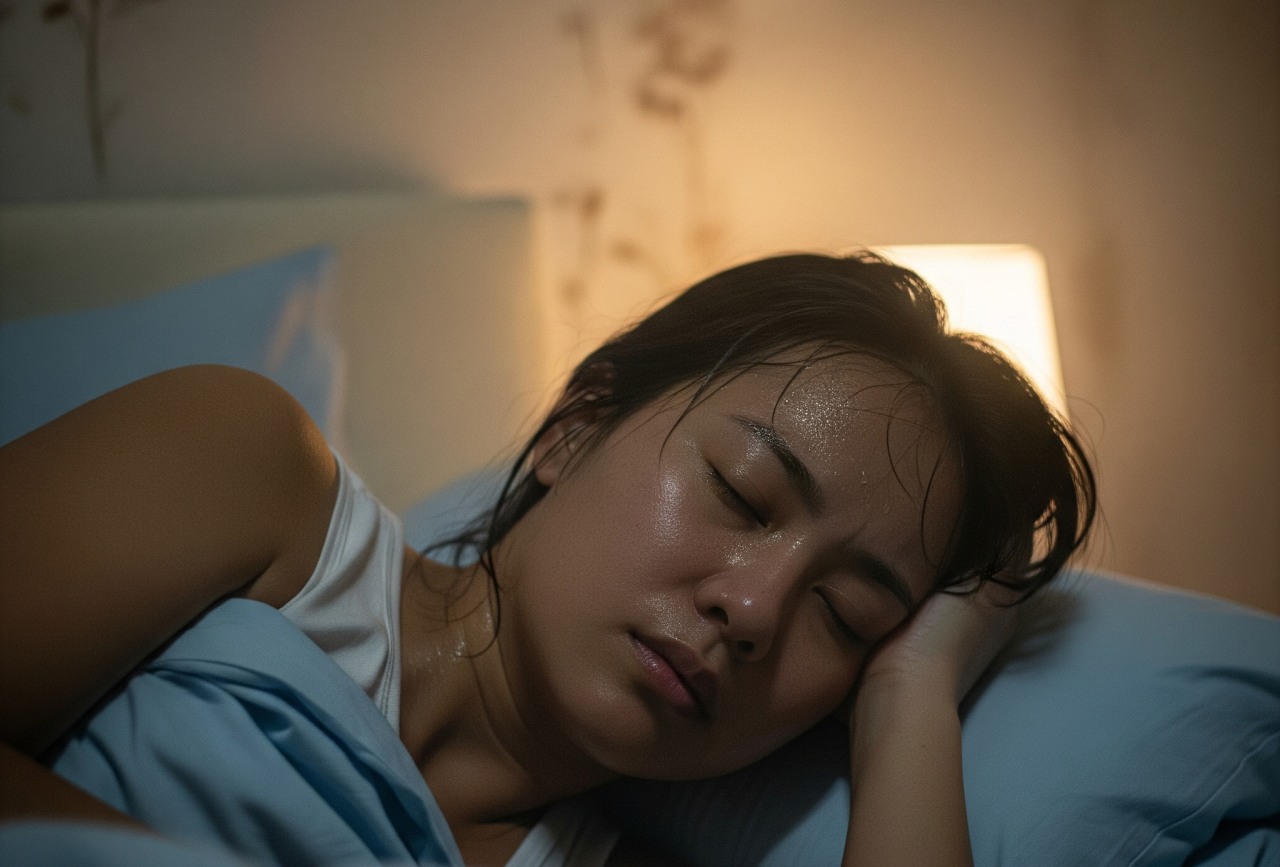
The effects of high house humidity extend beyond this, though:
- The growth of mold and mildew in the home (poor indoor air quality)
- Respiratory health issues (from mold, dust mites, etc.)
- Reduced AC efficiency and higher energy bills.
- Structural problems in the home, from warped wood, peeling paint, etc.
WHAT CAUSES HIGH HUMIDITY IN YOUR HOME?
Florida has naturally high humidity, so homeowners must work doubly hard to limit humidity levels. The main danger signs to watch out for inside your home include:
- Lack of ventilation in high-moisture areas like bathrooms, kitchens, and laundry rooms.
- Plumbing leaks that go unnoticed and/or unfixed silently introducing more moisture into the home.
- Inadequate insulation adding moisture to rooms as the humid outside air enters the home, especially from crawlspaces, the basement, and the attic.
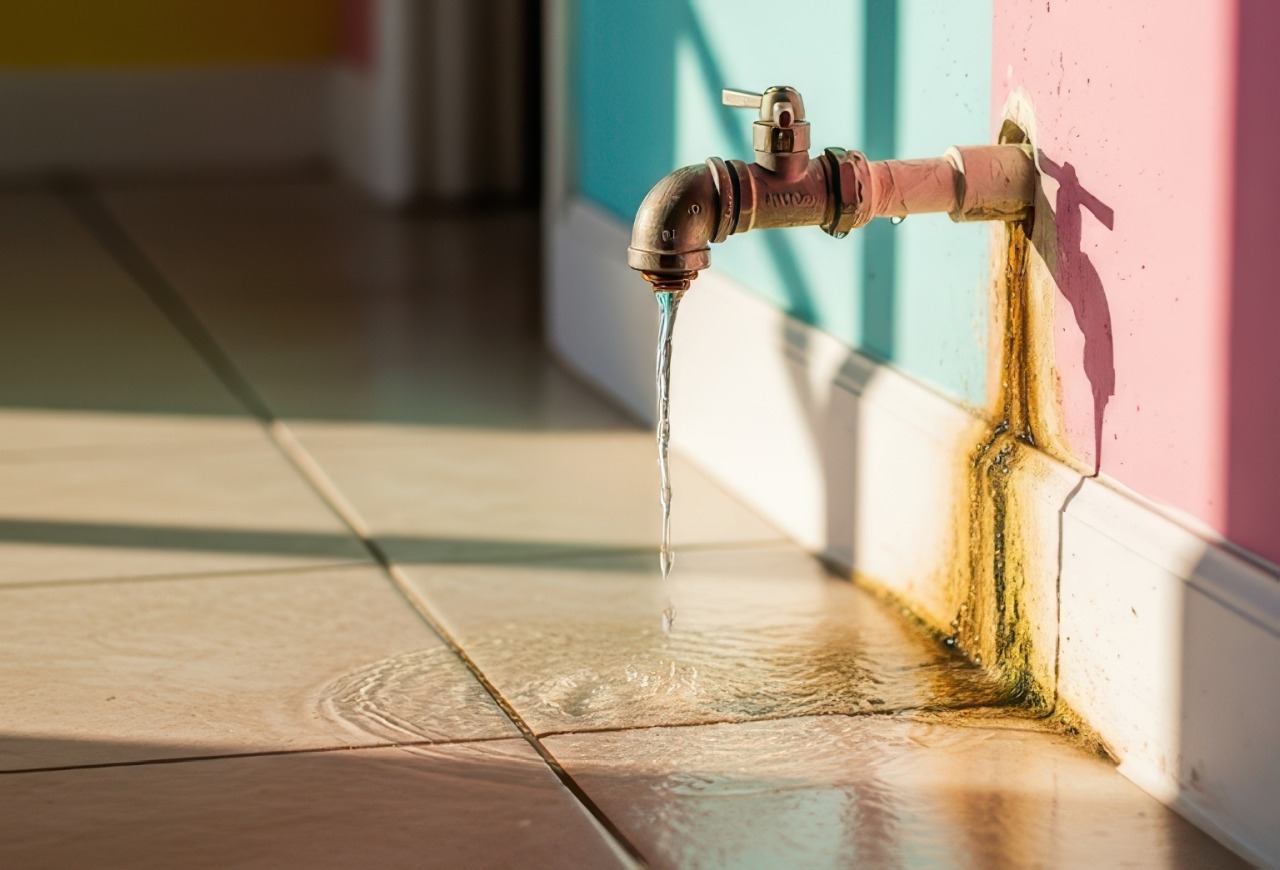
WHY IS 45-55 PERCENT THE IDEAL HOUSE HUMIDITY?
Some homes in Florida can suffer from up to 90 percent humidity at certain times of the year.
Homes here should generally strive for an indoor relative humidity of between 45 and 55 percent. This “comfortable” range will prevent the indoor air from feeling too muggy, deter mold and mildew (which thrive above 60 percent humidity), and prevent damage to the home’s structure and its contents (including personal possessions, furniture, etc.).
The 45-55 percent range will also help to maintain the efficiency of the HVAC system, which can suffer from mold and mildew, especially when filters are not changed regularly and airflow becomes impeded. As we will see below, the AC unit plays a big role in controlling humidity.
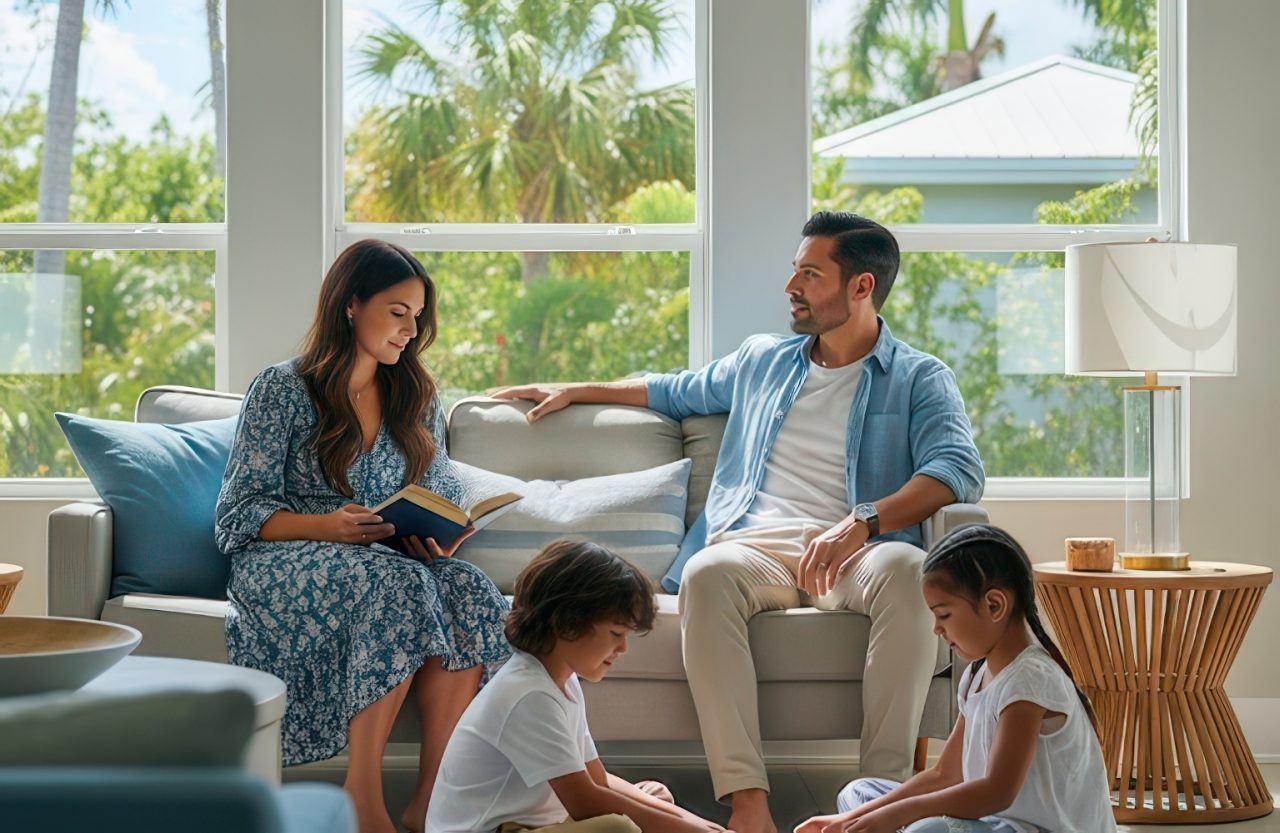
SIGNS YOUR HOME HAS HIGH HUMIDITY
How do you know if your home has high humidity?
Most likely, you’ll feel it and start sweating, which is the first and most obvious tell-tale sign. Beyond this, your humidity could already be causing problems if you observe any of the following signs:
- Foggy windows and condensation.
- Musty odors.
- Mold spots on walls or ceilings.
- Clammy air and damp surfaces.
- Warping wood.
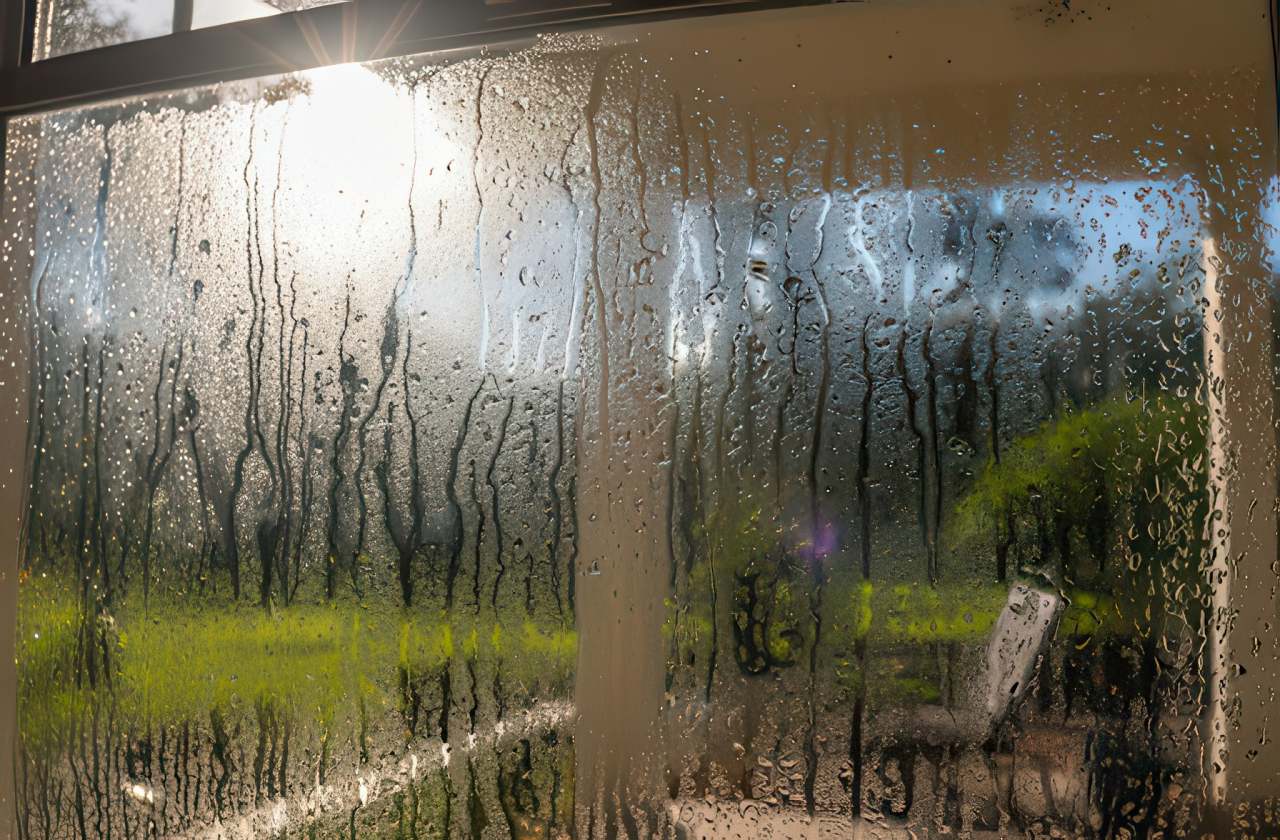
A humidity monitor can help you track the humidity in your home, while many modern thermostats also monitor humidity. Smart HVAC systems will adjust settings to manage moisture levels if they get too high.
QUICK DIY FIXES TO LOWER HOUSE HUMIDITY
Discomfort or other problems resulting from high humidity often need quick fixes to make things bearable for the home’s occupants.
So, how to lower house humidity quickly and without spending a fortune?
USE HOUSEHOLD FANS TO IMPROVE CIRCULATION
Household fans increase air circulation and evaporation of sweat, so they can help you cool down if the AC is not working or the humidity is excessive. A ceiling fan turning anti-clockwise in summer can also make the home more comfortable. Bear in mind, however, that fans don’t remove moisture from the air, so they don’t technically reduce humidity.
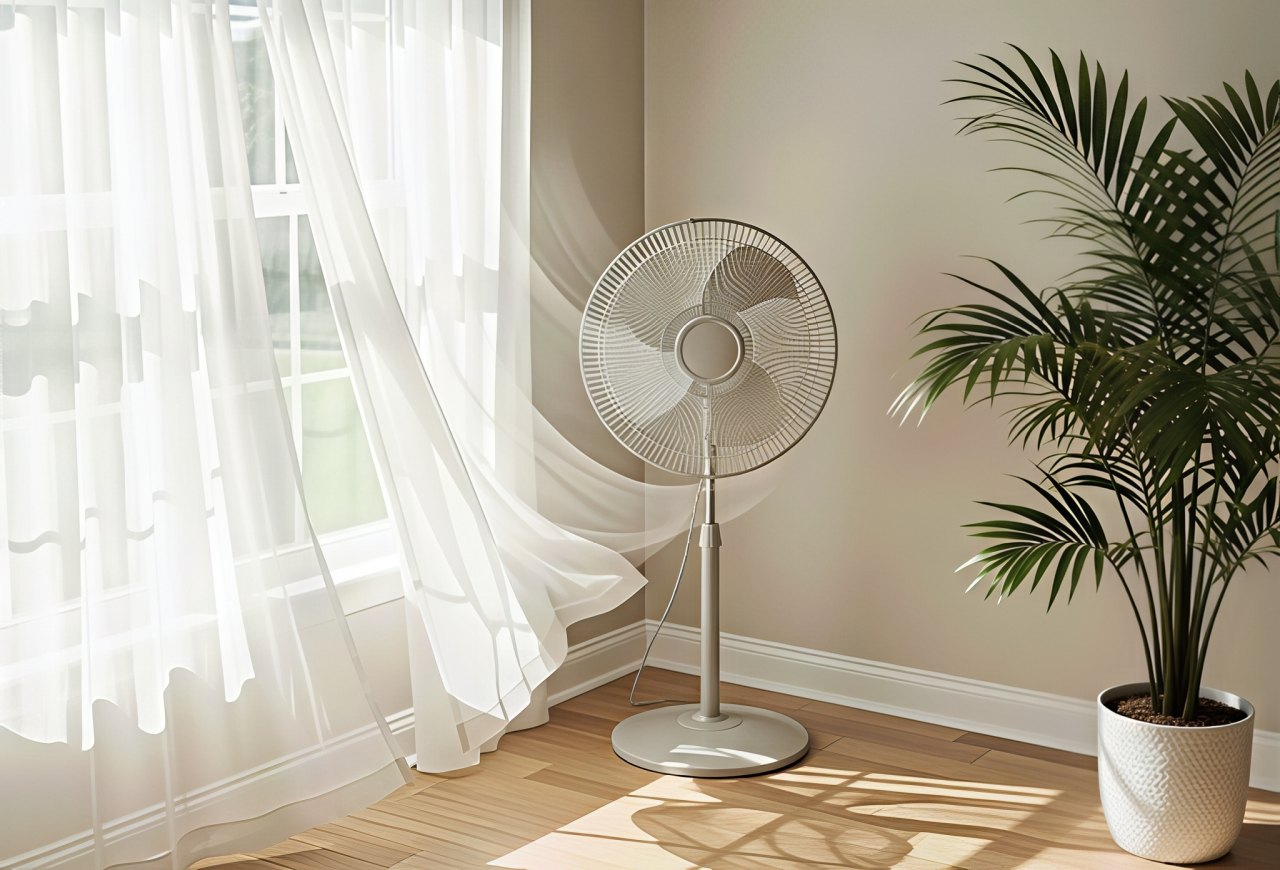
OPEN THE WINDOWS IN DRIER, COOLER WEATHER
If moisture builds up in the home and it’s more humid inside than outside, opening the windows should help. This strategy may be effective in the cooler, drier evenings but not so effective on the hottest, most humid days of a Florida summer for obvious reasons.
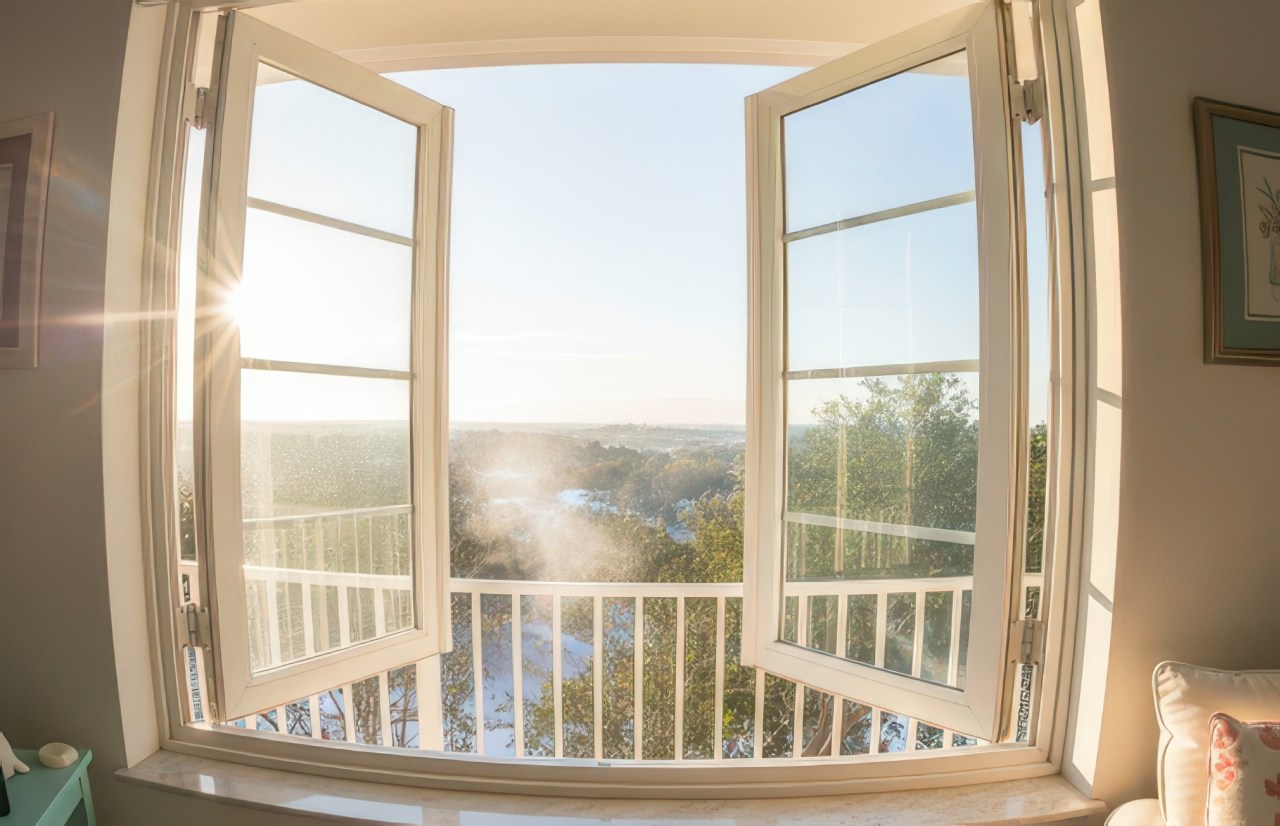
USE MOISTURE ABSORBERS TO SUCK WATER FROM THE AIR
Moisture absorbers, such as silica gel, baking soda or charcoal, can work in small areas. Household plants like English ivy or peace lilies are a less obvious (but prettier) way to absorb moisture from the air but beware of any standing water in pots in the home.
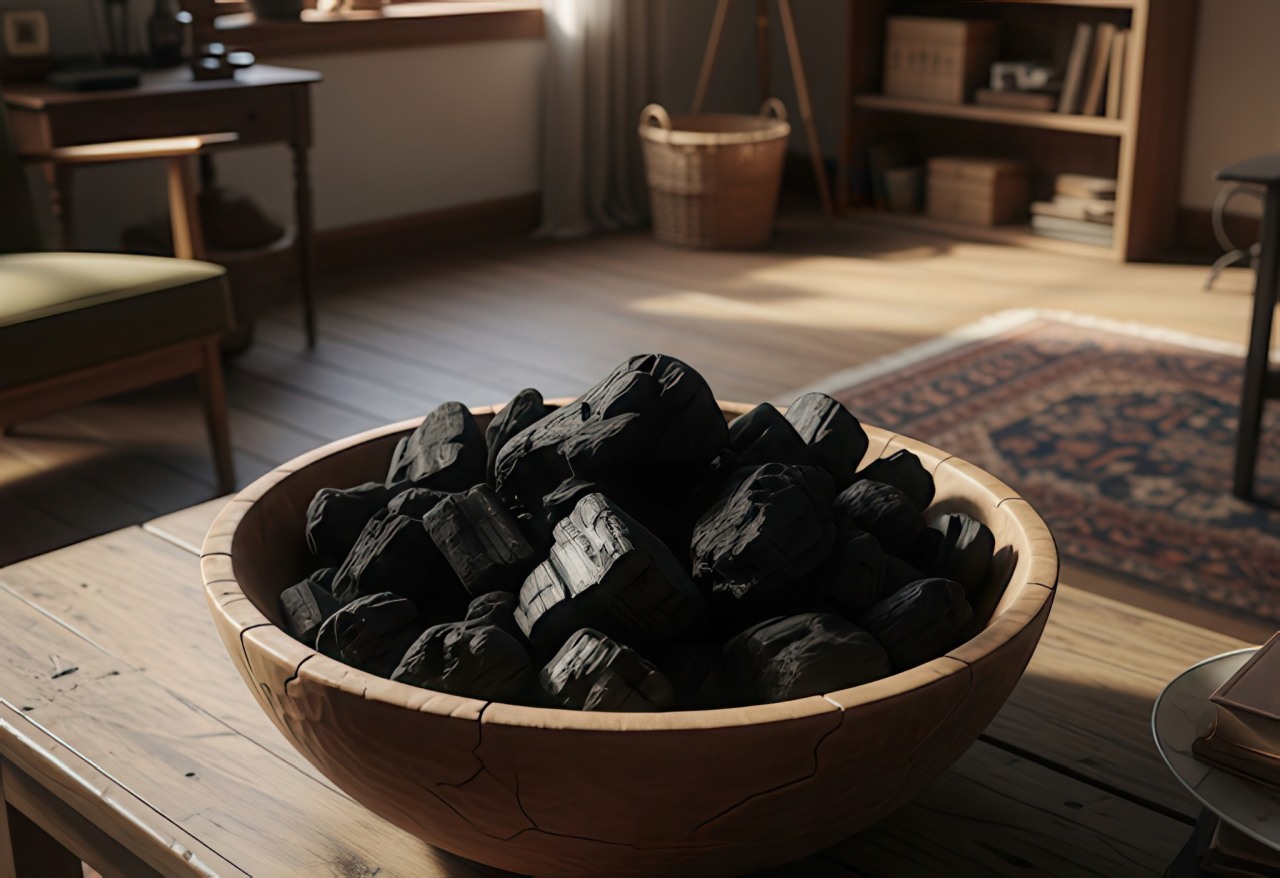
AVOID AIR-DRYING CLOTHES INDOORS
Air-drying clothes and towels indoors can contribute to humidity in a house. If you use a dryer, moisture is channeled away from the home through the vents rather than adding to the moisture levels in the indoor air. Even better, dry clothes and towels outside.
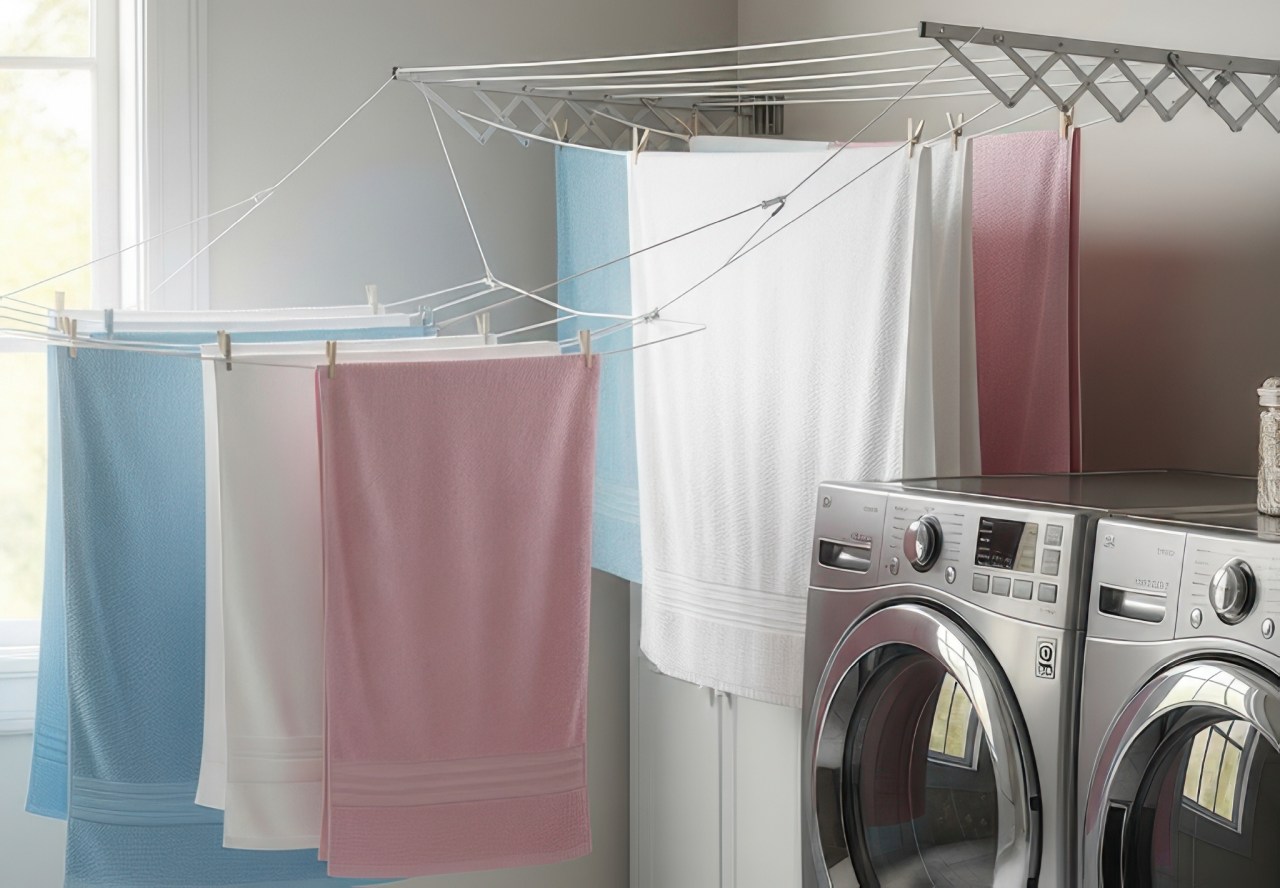
ROLE OF AIR CONDITIONING IN HUMIDITY CONTROL
Regular AC maintenance is one of your best friends when it comes to home humidity control. Conversely, an old, inefficient or poorly maintained system can promote a humidity problem and become an enemy to comfort.
If you schedule at least an annual AC tune-up with HVAC professionals, as recommended, you will go a long way to keeping your home’s humidity in check. Service calls every six months are even better in Florida, where we tend to use our air conditioning so much. Also, change the AC filter regularly between service calls.
A well-maintained, properly functioning AC system naturally removes heat AND moisture from the air during the cooling cycle. So, when the air conditioning is on, it’s acting as a dehumidifier.
There are caveats to this, though. Unless you select the right size of AC for your home, an oversized or undersized AC unit can worsen the humidity problem.
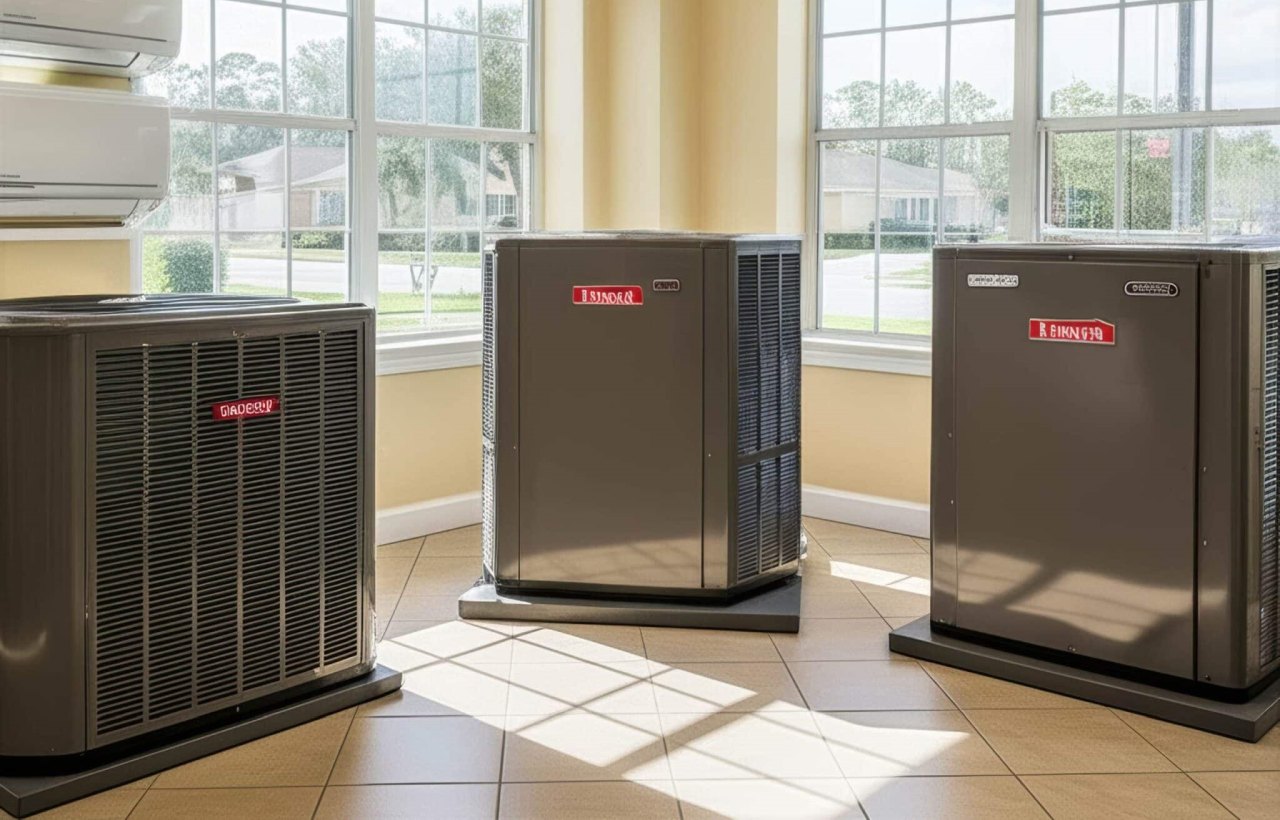
Professional maintenance ensures that each component of the cooling cycle is working optimally and the entire system is in balance from the evaporator coil to the refrigerant and pressure levels. This increases efficiency, keeps energy bills manageable, and helps maintain indoor comfort levels, including humidity levels.
Not using the AC so regularly may save on energy bills but can promote humidity and mold unless you take preventative measures.
HOME IMPROVEMENTS TO CONTROL HUMIDITY LONG-TERM
Besides some quick DIY fixes and regular AC maintenance, what else can be done to lower house humidity in Florida?
Longer-term, the problem can be addressed with a few professional home improvements…
INSTALL EXHAUST FANS FOR VENTILATION
Exhaust fans remove air from one location and transfer it to another (usually outside), improving general ventilation in the home. In some rooms, like the bathroom, kitchen, and laundry room, where moisture builds up, exhaust fans can help to remove the moist air and prevent humidity, mold, and mildew from forming.
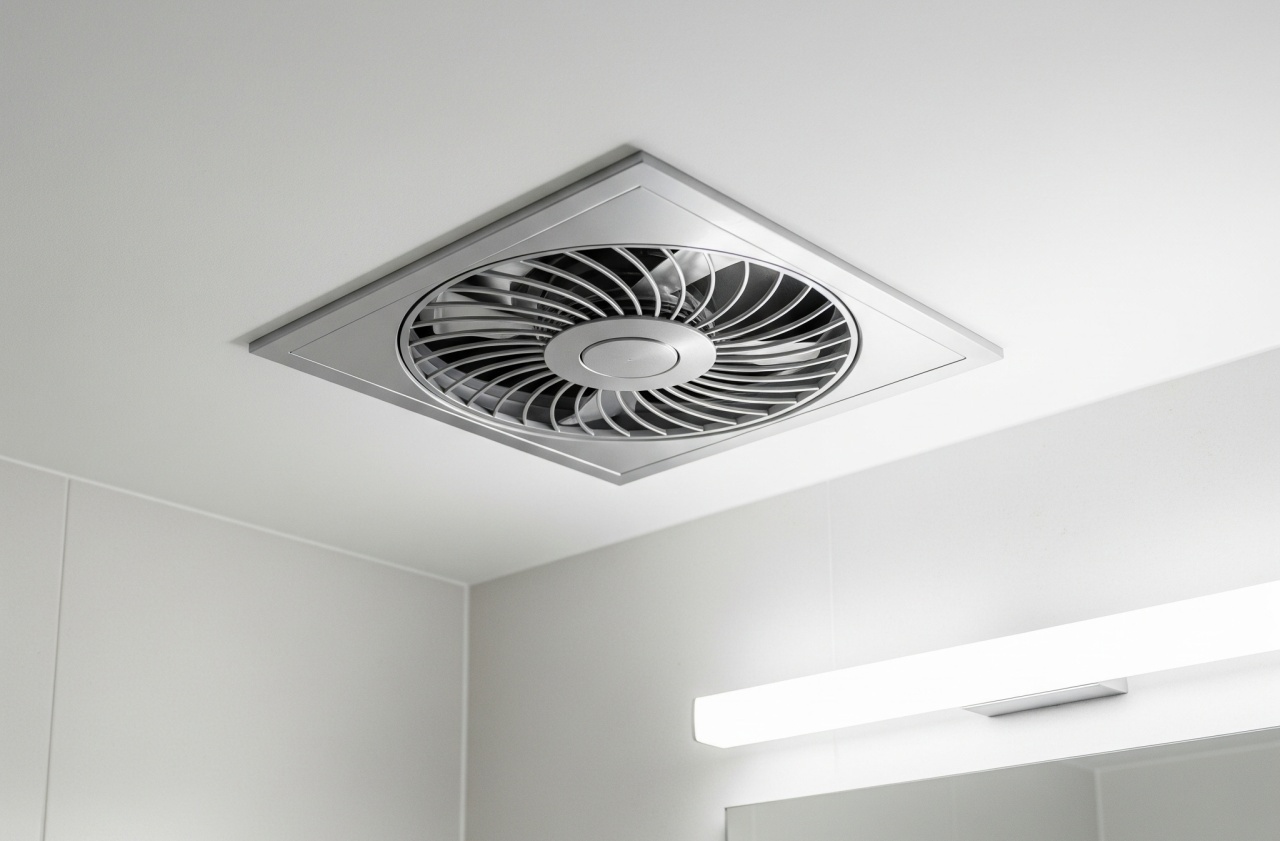
Exhaust fans are most effective when used in conjunction with other longer-term fixes, which we get into below.
SEAL AIR LEAKS AND IMPROVE HOME INSULATION
A poorly insulated home will be naturally more humid in Florida. Sealing leaks around windows and outside-facing doors can help control humidity in the long term by preventing warm, moist air from outside from entering the home.
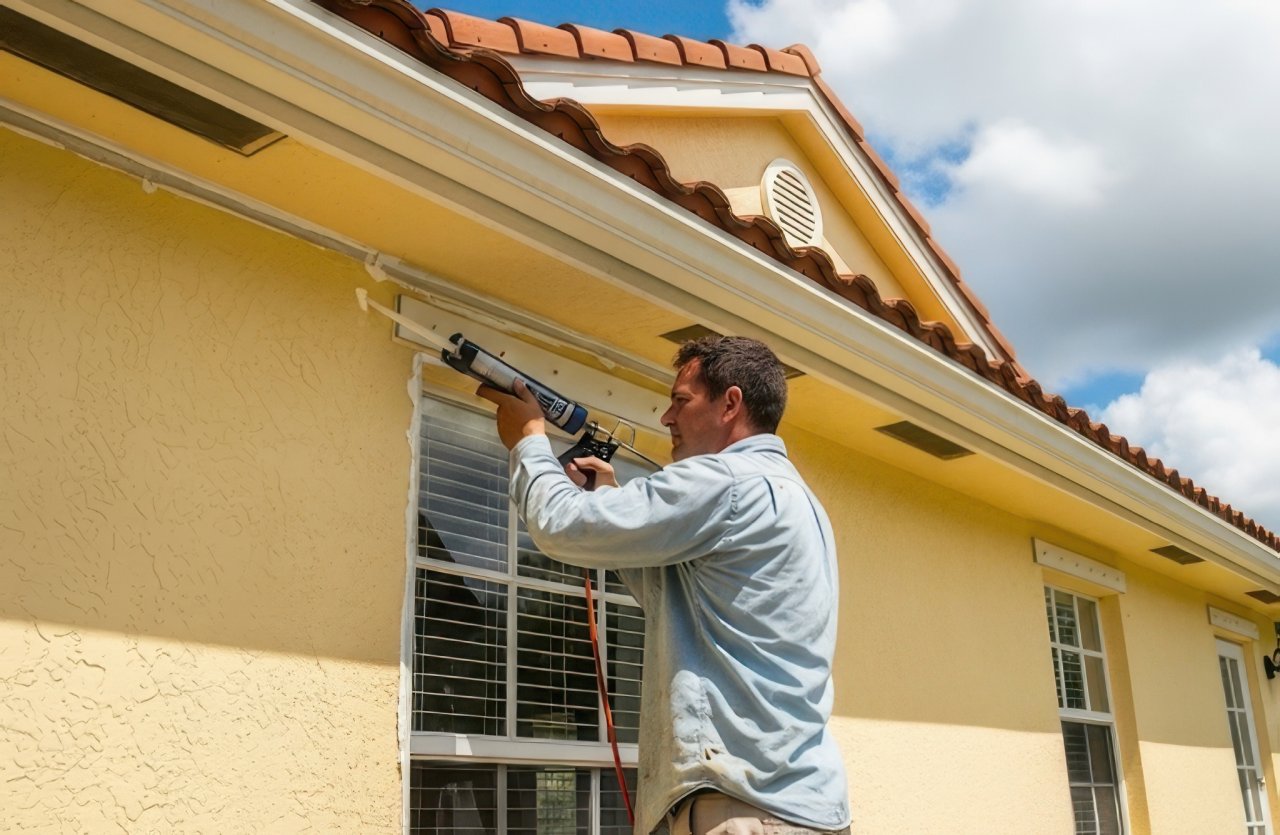
Start by simply weatherproofing the home by caulking and weatherstripping windows and doors, which is usually quite affordable. Seek professional help if you’re not sure where to start.
FIX WATER LEAKS PROMPTLY
Plumbing and roof leaks can contribute to high moisture in the home. Conducting regular inspections of the plumbing, roof, and brickwork is good general practice for homeowners, particularly after storms. If you have a humidity problem. It’s imperative to pinpoint where the issue is coming from.
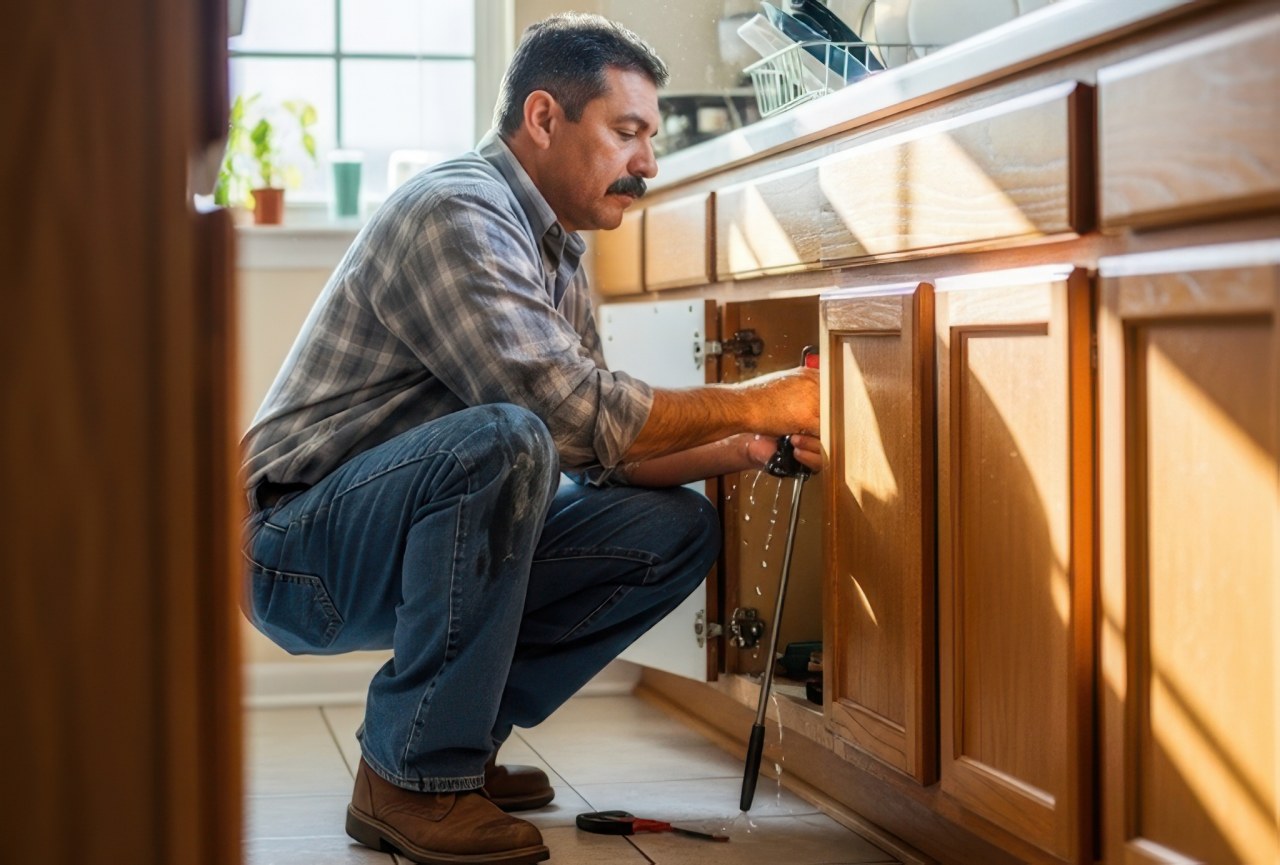
The Department of Energy also recommends improving drainage around properties to prevent standing water outside from entering homes through gaps. Repairing gutters and directing downspouts to channel water away from your home can help with this.
Seek professional help with these improvements unless you have solid DIY experience with such issues.
INSTALL VAPOR BARRIERS IN CRAWLSPACES OR BASEMENTS
If ground moisture is entering your home through crawlspaces or basements, installing vapor barriers can prevent it from entering the home, reducing humidity in these areas.
ADD A FRESH AIR INTAKE TO YOUR HVAC SYSTEM
A fresh air intake system added to your HVAC can lower humidity and improve indoor air quality in combination with a whole-home dehumidifier (see below). Remember, outdoor air is often at 70-90 percent humidity in Florida, so the same rules may not apply here as in other areas of the country.
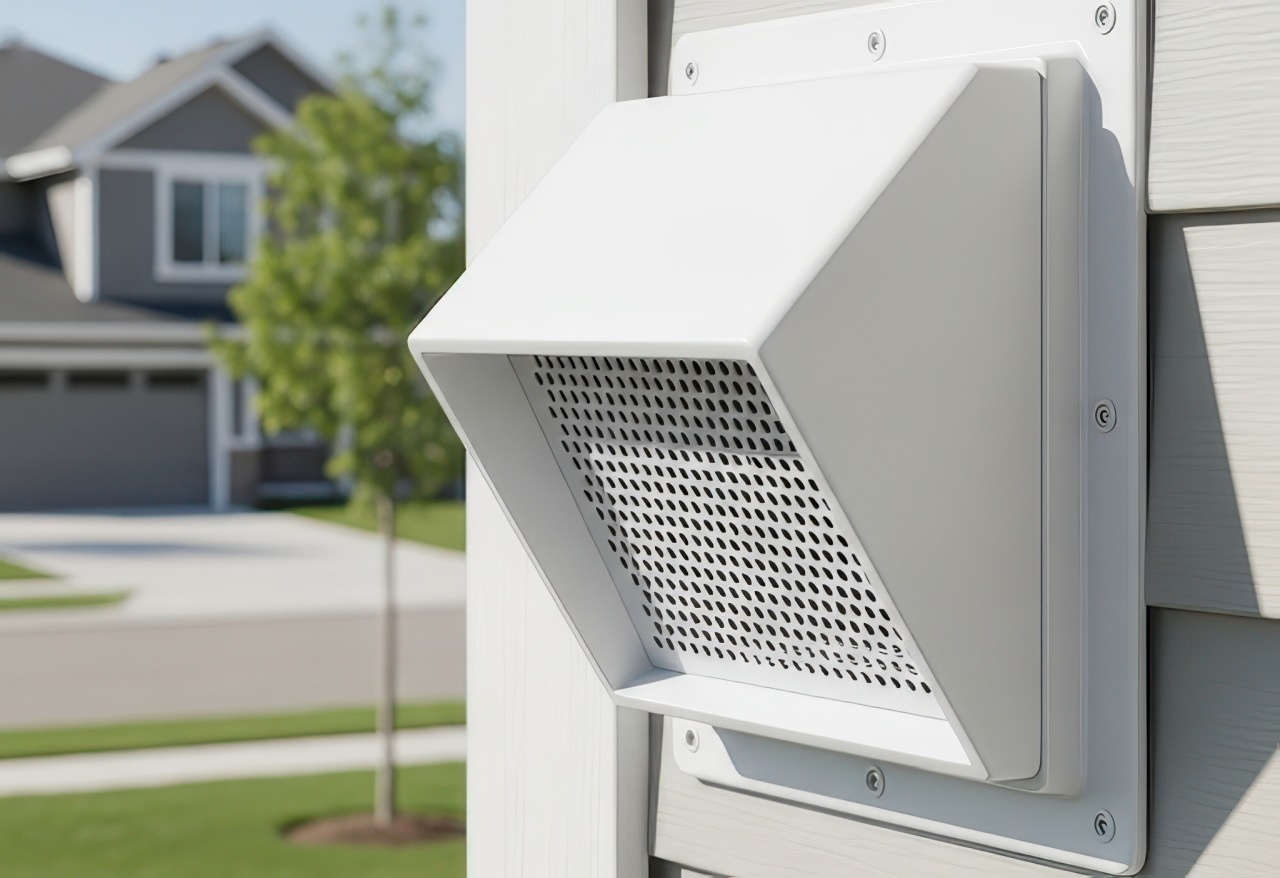
Consult with an HVAC professional first. These systems can help to improve circulation, dehumidify incoming air, and balance air pressure in the home. However, they are only recommended if your home is well-sealed.
INSTALL A WHOLE-HOME DEHUMIDIFIER
Dehumidifiers are appliances designed to suck moisture from the air. They are increasingly used in living spaces that are difficult to keep ventilated and suffer from high humidity (often homes close to the coast).
Although a well-maintained central air conditioning system acts as a natural dehumidifier, some homes in Florida use whole-home humidifiers integrated with the HVAC system to remove moisture from the indoor air.
Portable dehumidifiers may also be used to remove moisture from specific rooms but a whole-home humidifier has several benefits:
- Professional installation and integration with the HVAC system provide better efficiency.
- Dehumidification in the entire home rather than in just one room.
- Combined with a humidistat, the system monitors moisture levels and automatically turns on the dehumidifier when required.
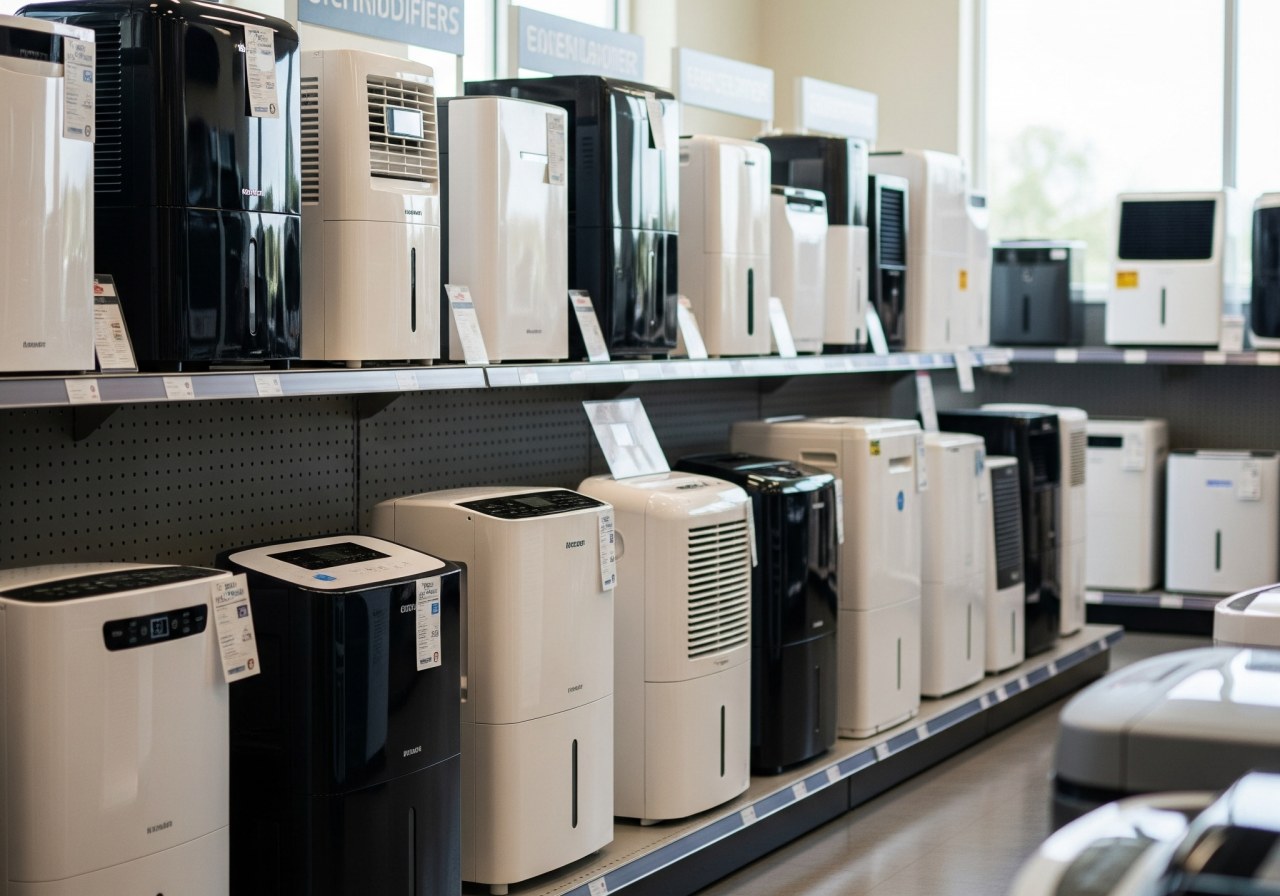
Running a dehumidifier can typically reduce indoor humidity by 20-30 percent, significantly improving comfort levels.
Whether you choose a portable solution or a whole-home dehumidifier will depend on the extent of the humidity problem in your home. Seek advice from your HVAC professional if you are in doubt about how to tackle a humidity issue.
FAQs
Humidity concentrations are usually expressed in terms of relative humidity, which is how much moisture is in the air compared to the maximum amount the air can hold at a given temperature, expressed as a percentage. Warm air can hold more moisture than cold air.
Yes, there are several DIY ways to lower house humidity, such as using moisture absorbers (charcoal, silica gel or baking soda) and using a drier instead of drying wet clothes or towels indoors. You can also weatherproof the windows and conduct regular checks for water leaks. Using fans won’t lower humidity but it will improve circulation and make the air feel cooler and less humid.
If high humidity persists and the DIY methods don’t work, you may need a professional HVAC technician to service or repair your AC or to install a whole-home dehumidifier. Professional help should also be sought to install exhaust fans in the bathroom(s), kitchen, and laundry, re-insulate the home or troubleshoot and fix a plumbing leak.
It depends. If your AC is aging, inefficient, and needs frequent repairs, it may pay to install a new AC unit. A modern variable-speed unit or two-stage air conditioner will be more efficient and also control humidity better than your old AC because they remain on for longer at a lower speed rather than cycling on and off regularly. You’ll need to balance the cost of a new AC unit in Florida with the benefits of upgrading.
If you’re sweating for no reason or condensation forms on cold surfaces in your home, like the insides of windows, it’s probably due to high humidity. If you want to be more scientific, a hygrometer measures humidity and some smart HVAC thermostats incorporate air quality monitors and humidity sensors.
Some modern air conditioning systems have a “dry” or “dehumidify” mode that is specifically designed to decrease excess moisture and humidity inside the house.
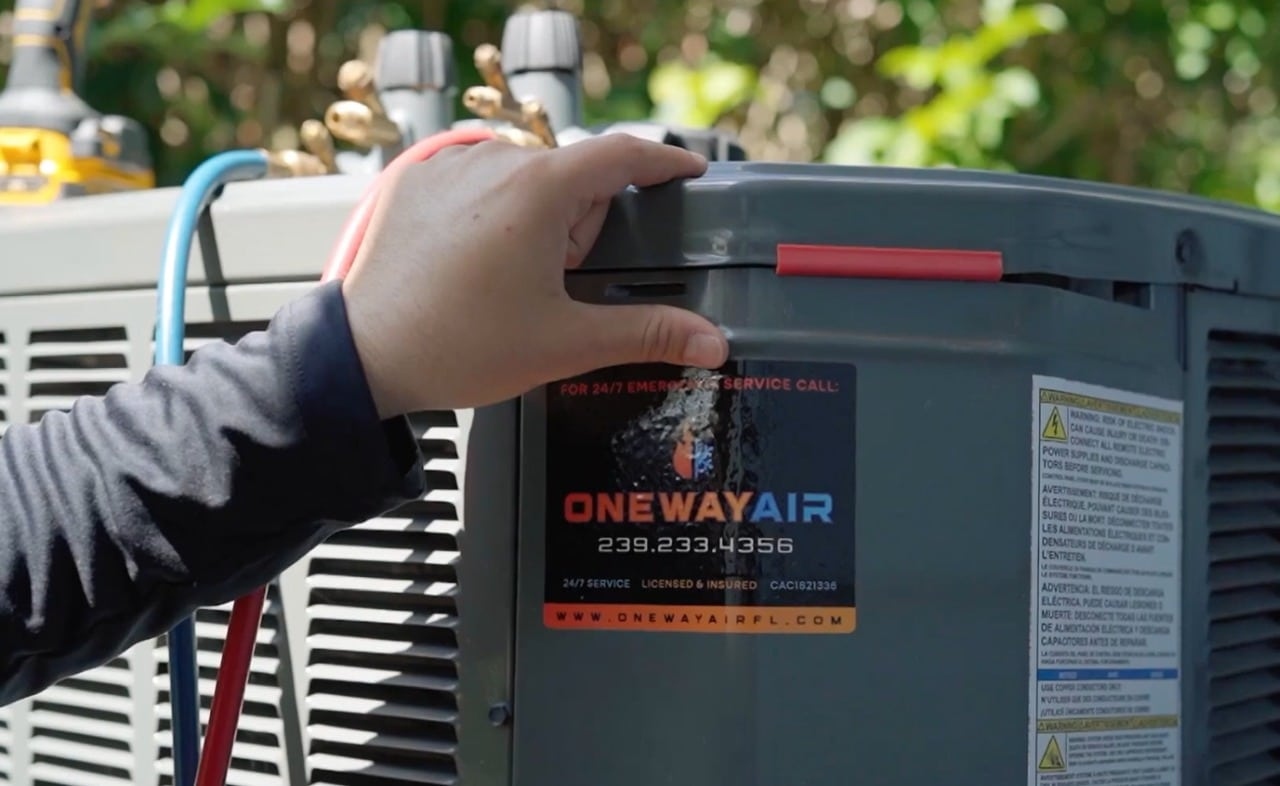
BEAT THE HUMIDITY IN FLORIDA
Our service technicians install, repair, and maintain all makes and models of air conditioners. We also offer inspections and seasoned advice on how to lower house humidity, conduct home energy audits, and install whole-home dehumidifiers and air purifiers that improve indoor air quality.
For expert indoor air quality recommendations in Southwest Florida, contact an AC professional at One Way Air for an inspection today.

